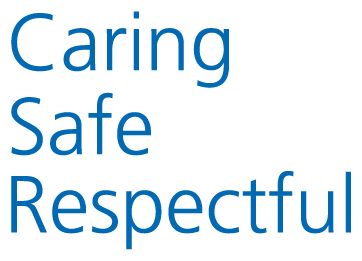Publish date: 26 November 2025
Lung cancer is the leading cause of cancer deaths in the UK, yet more still needs to be done to raise awareness – according to leading cancer experts in Lancashire and South Cumbria.
As with all cancers, early diagnosis is the key to it being much more treatable and acting upon symptoms when they first appear is always the advice from the NHS.
Smoking is the number one cause of lung cancer, but one of the main messages being shared this Lung Cancer Awareness Month is that 28 per cent of cases are not associated with smoking at all.
Dr Neil Smith, primary care director at Lancashire and South Cumbria Cancer Alliance, said: “Whether you are a smoker, a former smoker or someone who has never smoked at all, you should not ignore the symptoms.
“A new cough that doesn’t go away after three weeks, changes to an existing cough - especially if there is any blood - and unexplained breathlessness are the most common symptoms of lung cancer, and you should contact your GP. Other symptoms can include repeat chest infections that don’t improve with treatment, weight loss and loss of appetite, blood in your phlegm, tiredness, and chest or shoulder pain.”
Lung cancer incidence in Lancashire and South Cumbria is 20 per cent higher than the England average. Thankfully, in the last two years, people being diagnosed at an early stage has risen from 28 per cent to 41 per cent, an increase that is thought to be largely down to the introduction of lung cancer screening in the region. Of lung cancers found through screening, some 74 per cent are at stage 1 or 2.
It is more common in people over the age of 60, but aside from smoking, key risk factors include passive smoking, exposure to radon gas, asbestos, air pollution, previous lung diseases, family history, and age.
“Of course, the risk is higher in those that smoke or have smoked, and quitting is the best way to reduce that risk, as well as improve your health in general,” said Dr Smith.
“There is no safe level of smoking, but even reducing the amount you smoke in a day is a start. Your pharmacist or GP can help with advice on how to quit, and there is more information on the NHS Smokefree website.”
For more information on lung cancer symptoms can be found at www.nhs.uk/conditions/lung-cancer



